If you’re a frequent escape room player, you’ve surely encountered your fair share of logic puzzles. You may not even realize it, but logic puzzles are popular in escape room design. You may be asking yourself, ‘What is a logic puzzle? How is it different from any other puzzle I might find in an escape room?’ We’re here to help you understand! Read on for a short primer on logic puzzles, what makes them tick, and our best tips on how to solve them.
The basics
The Oxford dictionary defines logic as “Reasoning conducted or assessed according to strict principles of validity”. That very reasoning is what logic puzzles are meant to challenge. Consider a sudoku puzzle which challenges the player to find the correct digit for every square; the player must work backwards and use the process of elimination to solve it. Using logic, an entire sudoku grid can successfully be filled. The same logic applies to the logic puzzles found in an escape room. When you encounter a logic puzzle in an escape room, the trick is to recognize that it is a logic puzzle, from there you can take the necessary steps to solve it.
How to tell
Logic puzzles will ask you to make sense of existing information, and then fill in the blanks. They always have the answers you need to solve them, if you know where to look. Pay attention to the small details; for example, any small lights around a puzzle may indicate the number of inputs you need. If you find a prop in a game with six empty spaces, it stands to reason that you’ll need to find six items to fill it. Having an idea of how many inputs the puzzle has can help guide you to the solution. A logic puzzle requires you to interpret the information it gives you to successfully solve it.
Tips and tricks
The key to logic puzzles is to take a step back and assess the information you have. Once you understand the parameters of the puzzle, you can start to fill in the blanks and solve it. As we already mentioned, look for indicators of how much information you need. You should also try to figure out what kind of information you need–are you looking for numbers? Is the answer a word? Or do you have all the information and the trick is to organize it correctly? It’s easy to get caught up in trying to solve a puzzle right away, but there are massive benefits to taking a moment to analyze a logic puzzle before trying to find its solution.
Image provided by rawpixel.com

